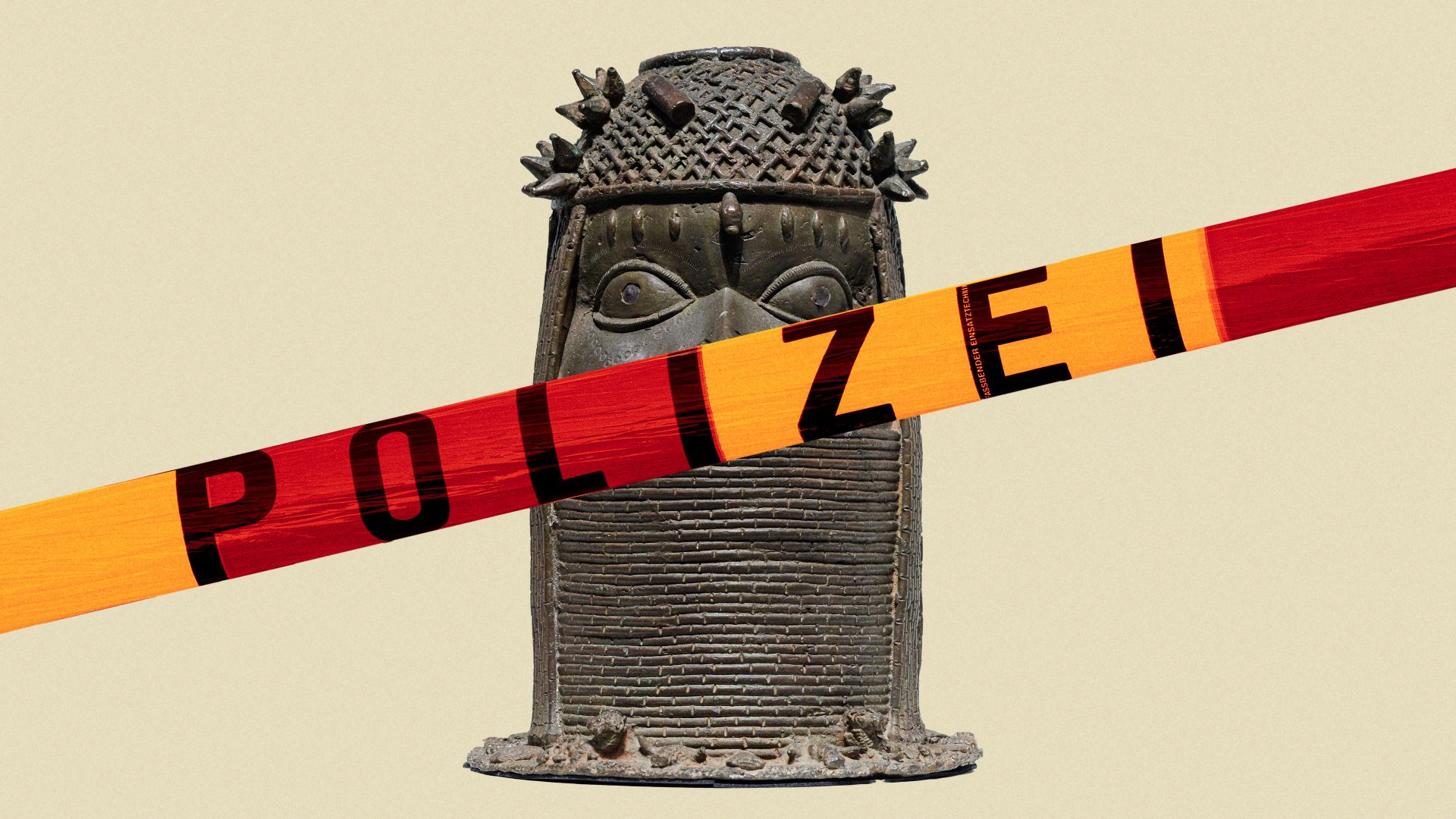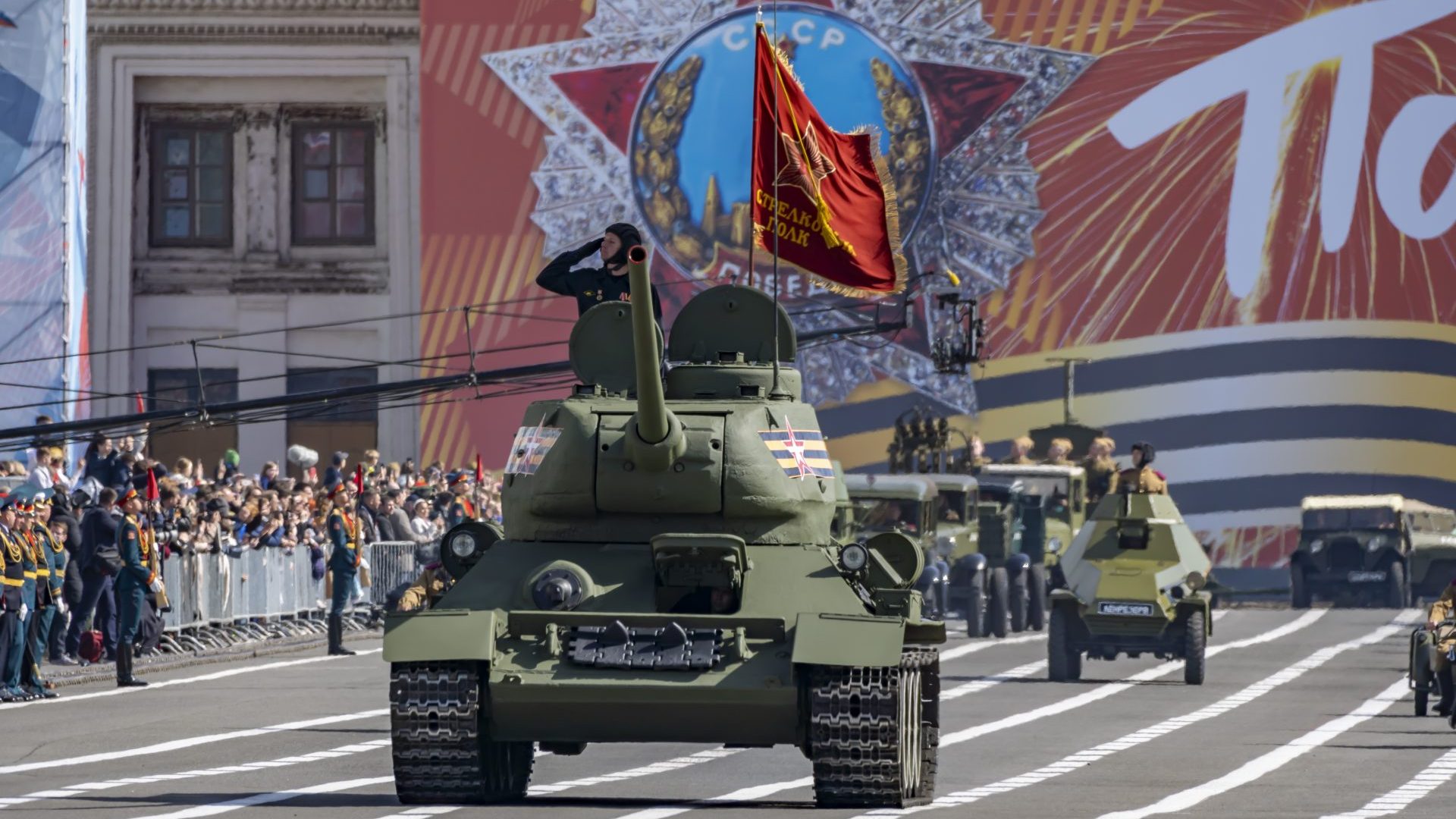World history, according to former Bundeskanzler Konrad Adenauer, is the sum total of things that could have been avoided. This sum is obviously so substantial that we still deal with it today. Take colonialism. Your country has addressed it for longer than Germany, primarily because our focus is on our Nazi past and we are only slowly broadening towards other wrongs.
Second, you ran the colonial show while Bismarck’s Reich (“My map of Africa lies in Europe”) only joined the scramble in 1890, and then we quickly caught up in all things monstrous.
Lately, Nigeria has been the centre of attention in Germany, because of the Benin Bronzes: the 5,000 beautiful sculptures of human and animal figures are among the most famous pieces of art and worship on the African continent, mostly dating from the 15th and 16th century.
You stole them in 1897, or rather, a British punitive expedition took military measures to retaliate after an earlier reconnaissance-mission-in-disguise hadn’t been wholly welcomed by the Oba (king) of Benin.
The bronzes used to decorate his royal palace. They depict the history of the kingdom, are mostly made of brass and the intricate work proves the sophisticated level of metal craftsmanship back then.
For some time it was wrongly assumed that the expertise in metallurgy had been adapted from Portuguese traders. In truth, Benin had been a Wakanda-style hub of African civilisation long before Europeans arrived. Maybe this is why it was swallowed into Nigeria under the British empire. Anyways, the government (even before independence in 1960) has been asking museums to return the bronzes since the 1930s. Finally, some 90+ years later, Germany has unconditionally surrendered the ownership of 1,117 looted bronzes, which we bought from Britain more than a century ago (relax, we don’t want our money back).
“They belong to the people of Nigeria,” said the foreign minister, Annalena Baerbock, in Abuja on a visit in December 2022 to return a first tranche of sculptures. Shortly before, London’s Horniman Museum and Cambridge University had given back their Benin objects. The British Museum is apparently still sitting on around 900 bronzes – and recent German-Nigerian frictions will be closely watched from there.
What came as quite a blow to official Germany was Nigeria’s outgoing president Muhammadu Buhari’s decree saying that all Benin Bronzes belong to – surprise! – the original owner, aka the former Benin royals. Returned objects will be given to Oba Ewuare II, current head of the family, custodian of the culture and heritage. And Oba says he has no interest in transferring the bronzes to the Edo Museum of West African Art (designed by the British architect David Adjaye, open from 2024, funded in part with the equivalent of £3.5m from Germany), but to a royal museum of his own.
So the bronzes’ future is unclear, and some fear that part of the artwork could be sold to collectors. Before their forceful removal the bronzes had spiritual value; now they are auctioned for millions apiece.
The discussion is in full swing: critics blame “naive” German authorities for the “fiasco” of not having negotiated a steely bronze deal. Others argue the ancient kingdom could only produce the bronzes because – history twist – it was big into the slave trade, swapping captured west Africans for metal.
Many of the bronzes could remain in Germany, on loan to museums (more reason for you to visit Berlin’s Humboldt Forum). And pleasant as it would be to have them on public display in Nigeria, too: it’s just not for us to decide.
By the way: Baerbock did her best to present the return-to-owner decision as a purely moral one, from the goodness of German hearts. But there may just be a hint of economic interest behind dealing with oil-rich, highly populated Nigeria, too.
The German government’s decision stands, even when Benin’s not-so-benign Prince Okpame-Edward Oronsaye called 42-year-old Baerbock “too young. She has no experience and sometimes you notice it when she speaks.” Luckily, punitive expeditions are outdated.
What fascinates me most about the Benin Bronzes, apart from their mastery, is their origin: melted manillas, horseshoe-shaped bangles shipped to Africa by the Portuguese in the late 15th century. Scientists from Bochum, after some metal detective work, have now proven that the principal source for the brass – long thought to be from Britain or Flanders – is the Rhineland.
The lead-zinc-composition is unique to the metal industry in the Aachen region. And the craftsmen at the Benin court seem to have wanted solely manillas made in Germany. Need I say more?




